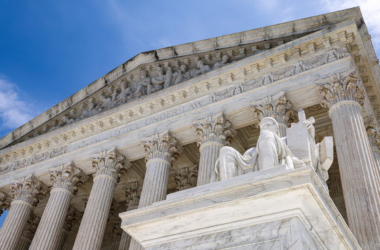The global Covid-19 pandemic has not only reshaped the way we live and interact but has also had a profound impact on the world of politics. From anger over government responses to accusations of wasteful spending and corruption, the pandemic has brought about significant changes in how politics is perceived and practiced.
One of the most striking changes has been the rise in public anger and frustration towards governments and politicians. As the pandemic unfolded, many people became disillusioned with the way their leaders handled the crisis, leading to widespread protests and demonstrations. This anger was fueled by a sense of betrayal and a belief that governments were not acting in the best interests of their citizens.
At the same time, the pandemic exposed inefficiencies and shortcomings in government systems around the world. From slow and inadequate responses to the crisis to instances of wasteful spending and mismanagement of resources, the pandemic laid bare the weaknesses of many political institutions. This has led to calls for greater transparency and accountability in government operations.
Corruption has also been a major concern during the pandemic. As governments rushed to secure supplies and implement emergency measures, there were numerous reports of corruption and fraud. This has eroded public trust in governments and highlighted the need for stronger anti-corruption measures.
The pandemic has also changed the way politics is conducted. With restrictions on gatherings and campaigning, politicians have had to find new ways to reach voters. This has led to an increased reliance on digital platforms and social media, which has its own set of challenges and implications for political discourse.
Looking ahead, the impact of Covid-19 on politics is likely to be long-lasting. The pandemic has exposed deep-seated issues within political systems and highlighted the need for reform. As countries continue to grapple with the aftermath of the pandemic, there will be a growing demand for more accountable, transparent, and efficient governance.








